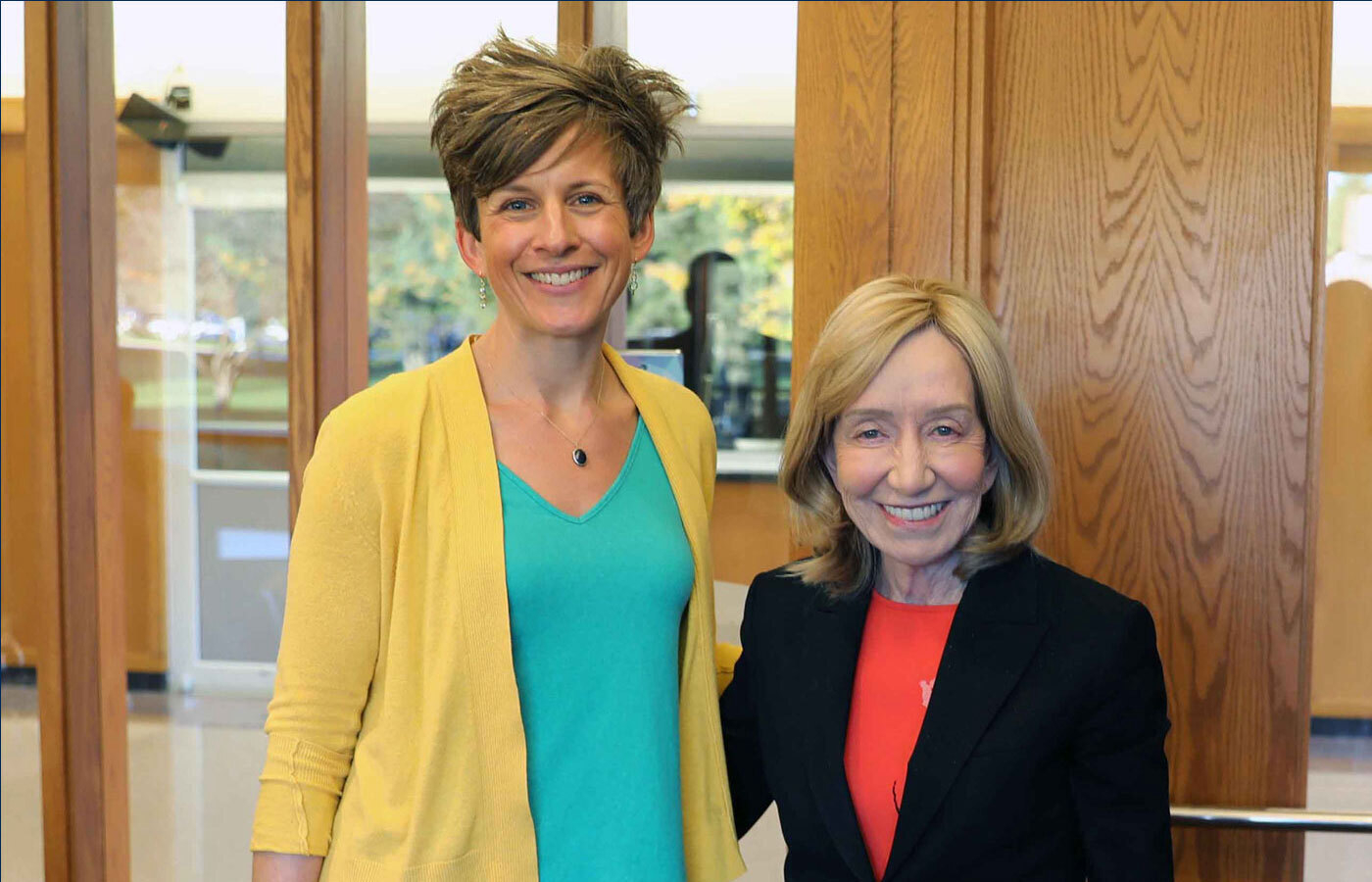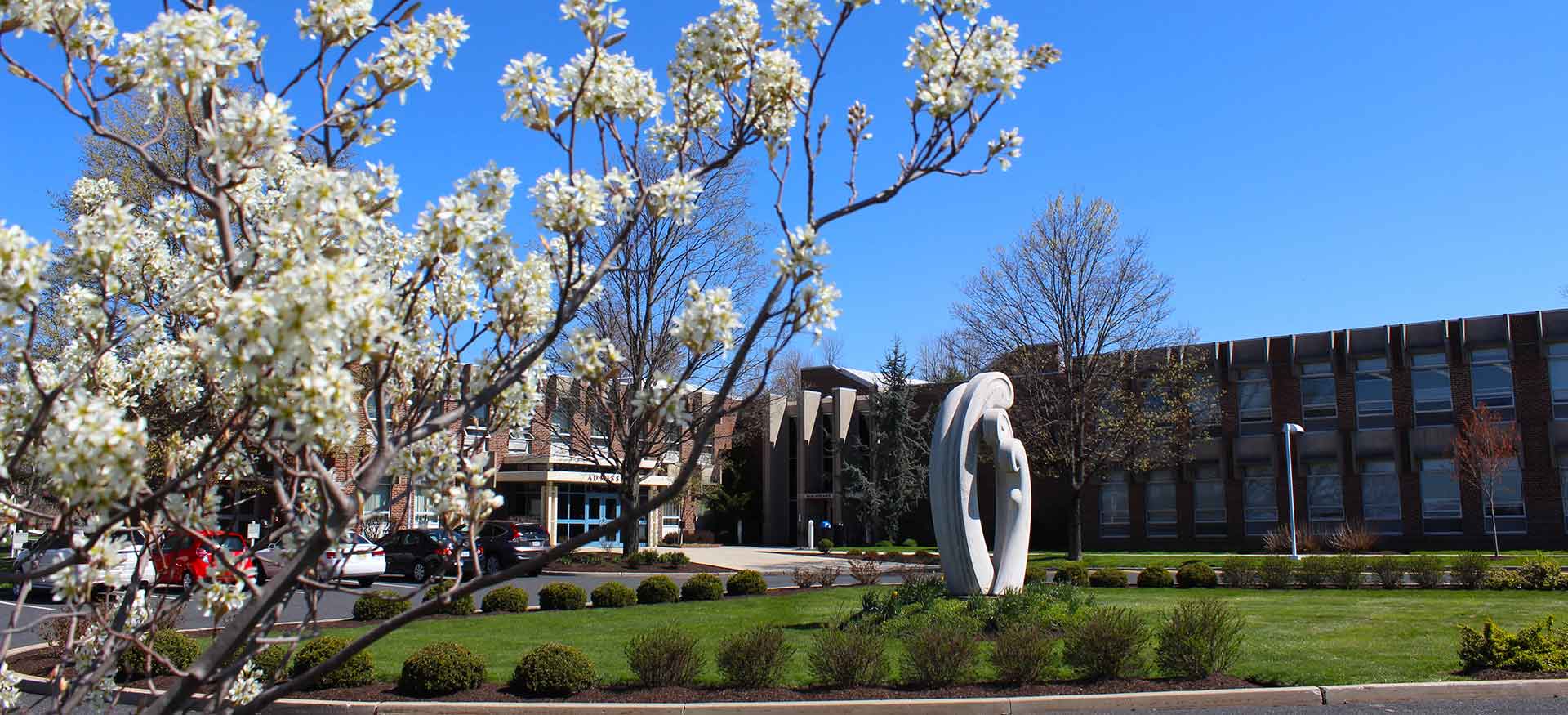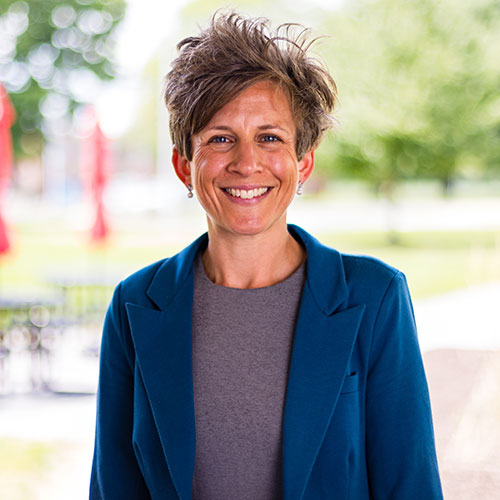Doris Kearns Goodwin Reflects on Past Presidents During 32nd Furphy Lecture

Doris Kearns Goodwin has had a love of history since she was 6 years old.
That love developed, in part, due to her mother’s fragile health. Rheumatic fever had left the elder Kearns with a damaged heart, and books gave her an escape into the world.
“She would read to me every night. I must say that love of storytelling and wanting to bring my mother back to young life, just wanting to bring people who are no longer alive back to life ended up being a love of history.”
The world-renowned presidential historian and Pulitzer Prize-winning author shared personal stories and insights into her storied career with a crowd of more than 1,100 during the 32nd Rev. Thomas J. Furphy Lecture in Billera Hall.
Sarah Nytroe, Ph.D., division head of liberal arts and social sciences, moderated the event, asking Kearns Goodwin a range of questions. Kearns Goodwin reflected on her experience as a 24-year-old White House Fellow, working directly for President Lyndon Johnson during his last year in the White House. Kearns Goodwin shared she was certain Johnson would kick her out of the program after it became known she was an anti-Vietnam War advocate. Instead, the two developed a close working relationship, and Kearns Goodwin later assisted him in the preparation of his memoirs.
“It was an extraordinary experience to get to know Lyndon Johnson,” she said. “That experience of just listening to him made me want to study him.”
Referring to her subject matters—Presidents Johnson, Abraham Lincoln, Theodore Roosevelt, and Franklin Roosevelt—as her four guys, Kearns Goodwin compared the turbulent times they faced to what’s happening in society today. She encouraged the audience to think of what it was like for Lincoln to come to power, for Teddy Roosevelt to bridge the huge divide between the rich and the poor, or for FDR to lead the country during the depression.
“I think one of the places that history can come to the rescue is that we’ve been through really, really tough times before,” she said. “None of the people living through those times knew how it was going to end. That’s how history can provide us hope; we’ve come through this as a nation before. It’s up to us now to write our chapter of history.”
Kearns Goodwin also stressed the need to find time to relax and replenish energies in the midst of difficult moments. Lincoln, she said, would tell funny stories during cabinet meetings, Teddy Roosevelt would take time each afternoon to hike or have a boxing match, and FDR hosted a cocktail party every night with a rule that no one could talk about the war.

Before the event, Kearns Goodwin participated in a student session with more than a dozen students, answering questions about topics including NATO and the current conflict between Russia and Ukraine. The Furphy Lecture is held in honor of Father Thomas J. Furphy, an Oblate of St. Francis de Sales and a former faculty member at DeSales, who distinguished himself as a teacher of national problems. The theme of the lecture series is national and international problems.





